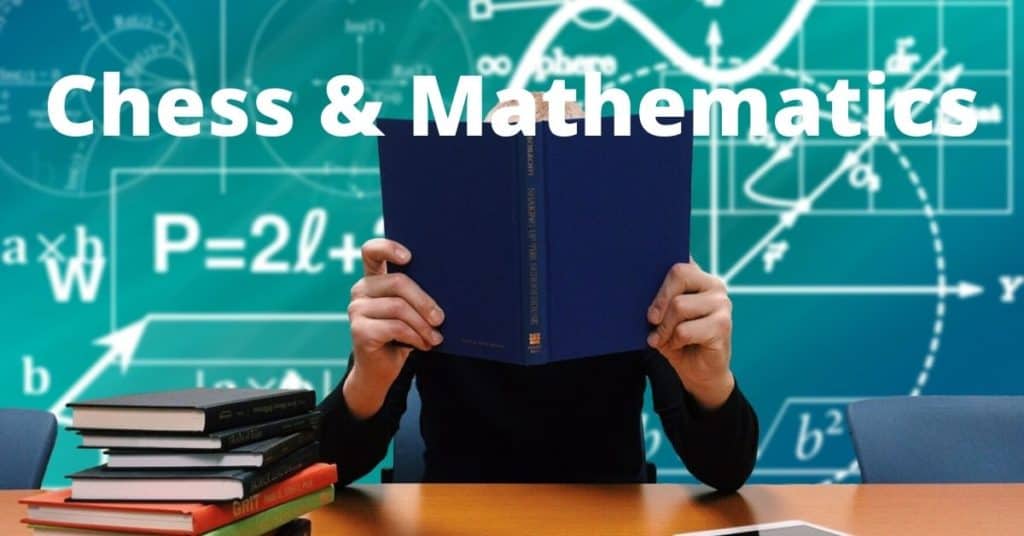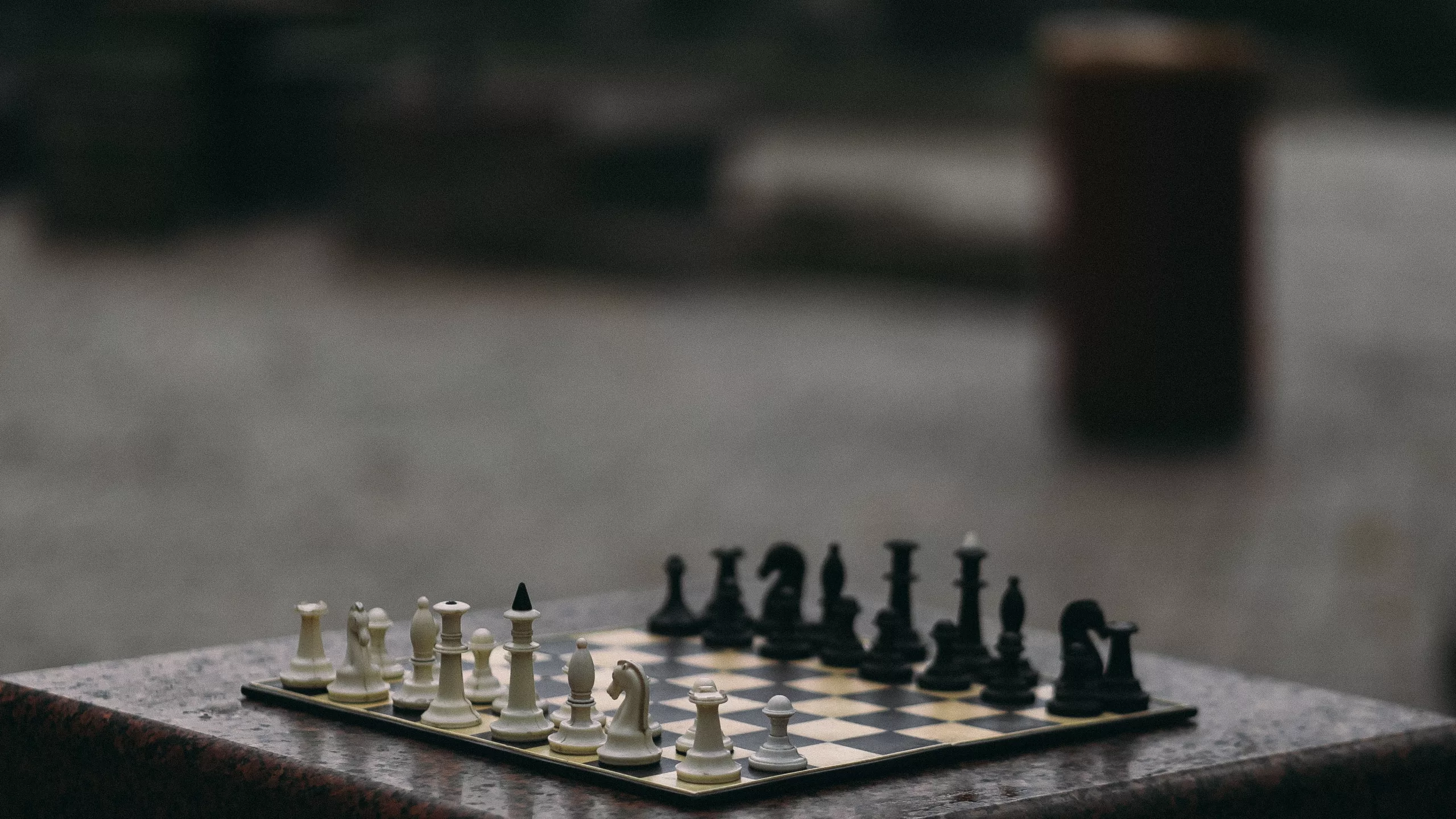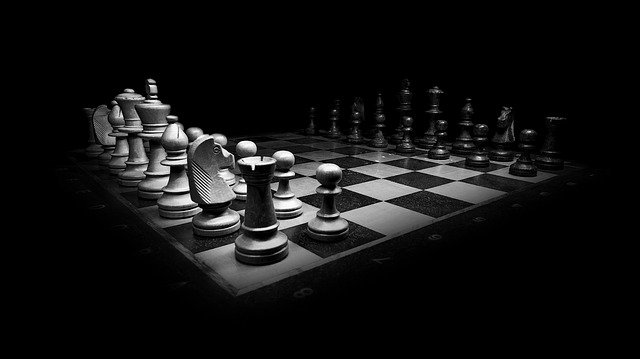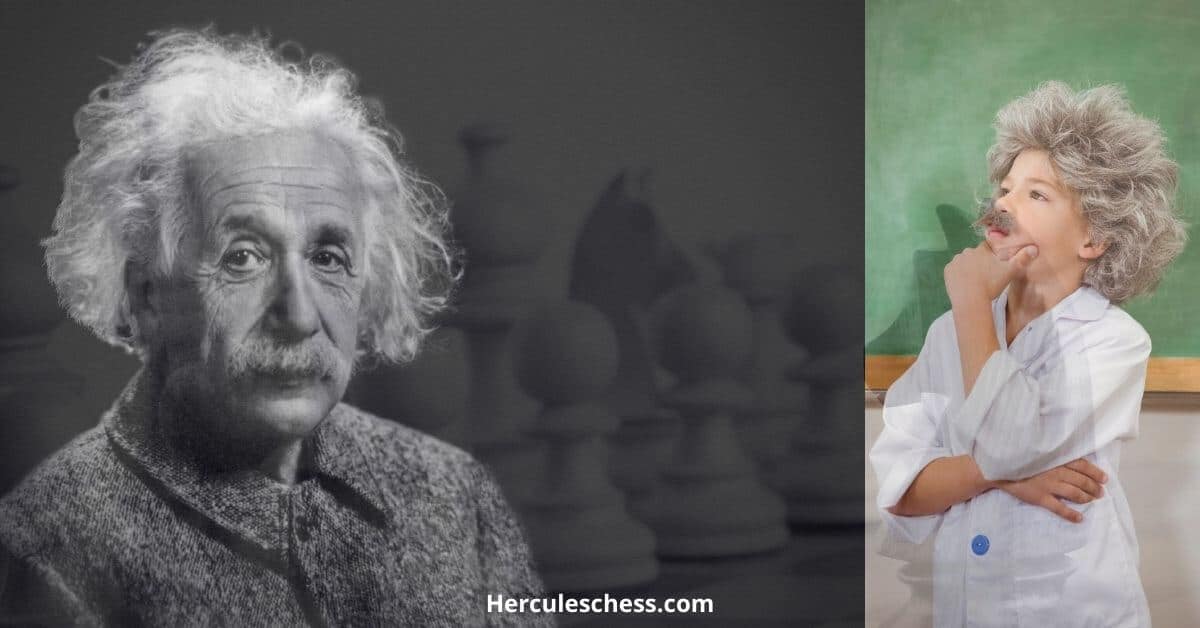Are chess players good at math? Studies have been done in various locations around the United States and Canada, showing that playing chess results in increased scores in mathematics exams.
Chess players are good at maths because the game promotes thinking skills, develops visual memory, requires constant calculation and it introduces geometric concepts such as files, rows and diagonals.
Chess has long been recognized throughout the world as a builder of strong intellects, but only recently has the United States begun to recognize chess’s ability to improve the cognitive abilities, rational thinking and reasoning of even the least promising children.
Chess brings out latent abilities that have not been reached by traditional educational means. It promotes logical thinking, instills a sense of selfconfidence, and self-worth, improves communication and pattern recognition skills.
Correlation Between Chess and Mathematics Test Scores – Case Studies
Below is a table showing improved results in mathematics and problem solving after implementing a chess programme in their school’s curriculum.
| Location | Chess Program Implemented/ Name of study | Results after implementing chess |
| Study in New Brunswick, Canada(Quebec) | The Mathematics curriculum is a series called Challenging Mathematics, which uses chess to teach logic and problem solving from grades 2 to 7. | Using this curriculum, the average problem-solving score of pupils in the province increased from 62% to 81%.
The Province of Quebec, where the program was first introduced, has the highest math grades in Canada, and Canada scores better than the USA on international mathematics exams |
| Study in Pennsylvania | “Development of Reasoning and Memory through Chess.” All students in a rural Pennsylvania sixth grade self-contained classroom were required to
participate in chess lessons and play games. None of the pupils had previously played chess. |
The pupils significantly improved in both memory and verbal reasoning. The
effect of the magnitude of the results is strong (eta 2 is .715 for the Memory test gain compared to the Norm). These results suggest that transfer of the skills fostered through the chess curriculum did occur. |
| China | 1977-1979 study at the Chinese University in Hong Kong by Dr. Yee Wang Fung,
|
Chess players showed a 15% improvement in mathematics test scores |
| Pennsylvania | A four-year study (1979-1983) in Pennsylvania | This study found that the chess-playing experimental group consistently outperformed the control groups engaged in other thinking development programs, using measurements from the Watson-Glaser Critical
Thinking Appraisal and the Torrance Tests of Creative Thinking. |
Chess and Geometry
Another aspect of mathematics is geometry, and geometry plays a big part in teaching basic mating patterns in a chess game.
In a king and queen versus king ending, the winning side tries to limit the moves of the opponent’s king by gradually decreasing the square or rectangle (formed by the squares attacked by the queen), until the king is forced to move to the edge of the board.
When this cannot be accomplished with a queen move, the king moves closer to the enemy king (timing).
Triangulation (taking two moves to reach a square you could have moved to in one move) is an important concept in king and pawn endgames, and is an excellent introduction to triangles and timing in mathematics.
In the above pgn, the triangulation occurs on the e3, e4, and f4 squares. If the White king moves directly to e4, then Black replies Ke6 and the game is drawn, as neither player can get past the one square buffer of the opposing king (kings cannot come within one square of each other). By triangulating. White can win!
- Kf4 Ke6 2. Ke4 Kd6 3. Kf5 Kc7 4. Ke5 (instead of e6 — another triangulation) Kc6 5. Ke6 Kb7 6. Kd7 (instead of d6 — another triangulation!) Kb6 7. Kd6 and now Black will lose one pawn, and then the other and the game.
Wrapping up – Relationship Between Chess and Mathematics
The strong relationship between chess and mathematics are why chess players excel in math. Some similarities between chess and mathematics are:
- Chess promotes thinking skills of higher order. A trait that can be used to solve problems in Math
- Introduces a coordinates system which can help with geometry
- Requires constant calculation and evaluation
- Capacity to predict and anticipate consequences
- Analysis of positions has a lot in common with mathematical problems
- Correlation: to decide what piece is best to sacrifice at a certain point
- Introduces geometric concepts (files, rows, diagonals)
- Spatial reasoning skills
- Develops visual memory
Reports from students, teachers, and parents not only extol the academic benefits of chess on math problem solving skills, but increased self-confidence, patience, memory, logic, critical thinking, observation, analysis, creativity, concentration, persistence, self-control, sportsmanship, responsibility, respect for others, self esteem, coping with frustration, and many other positive influences which are difficult to measure but can make a great difference in student attitude, motivation, and achievement.
Related Post: Are Chess Players Smart






